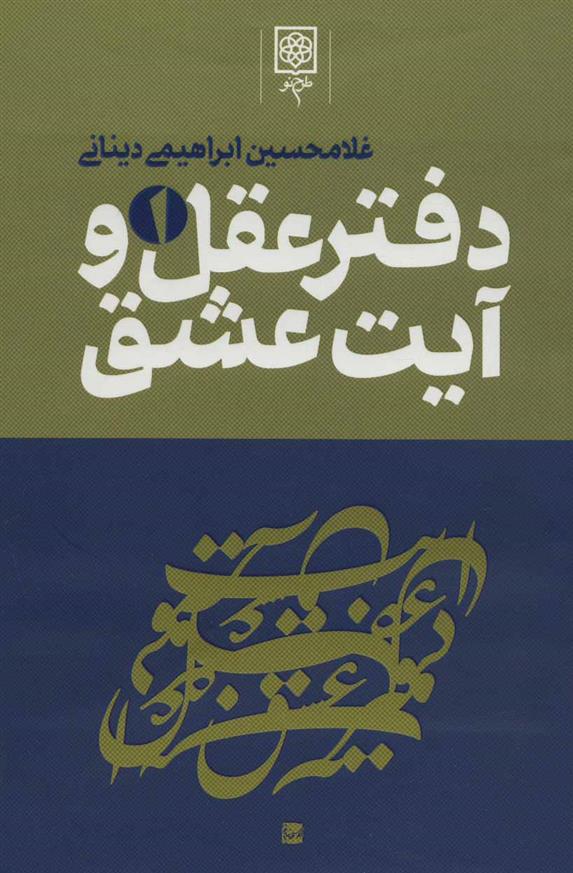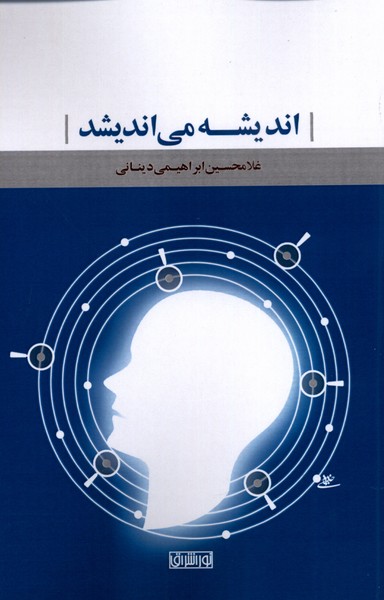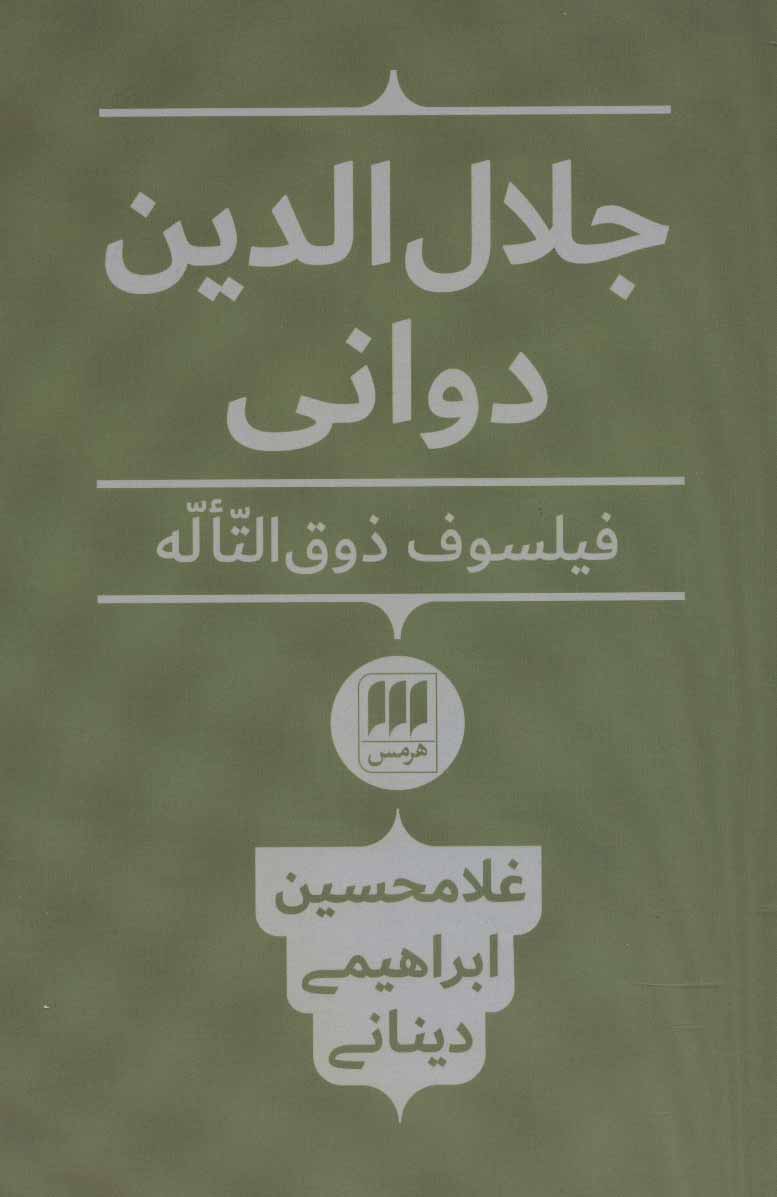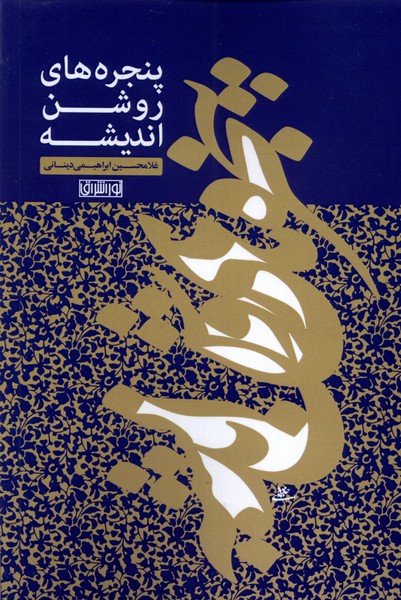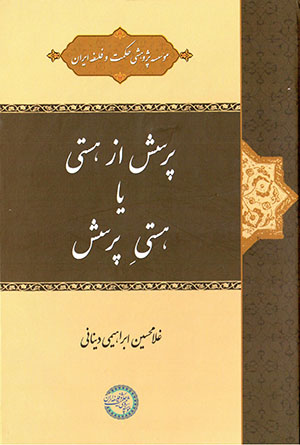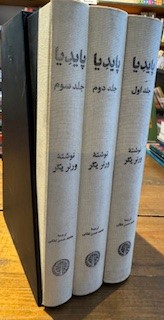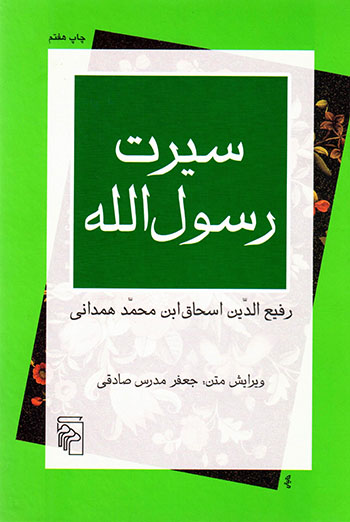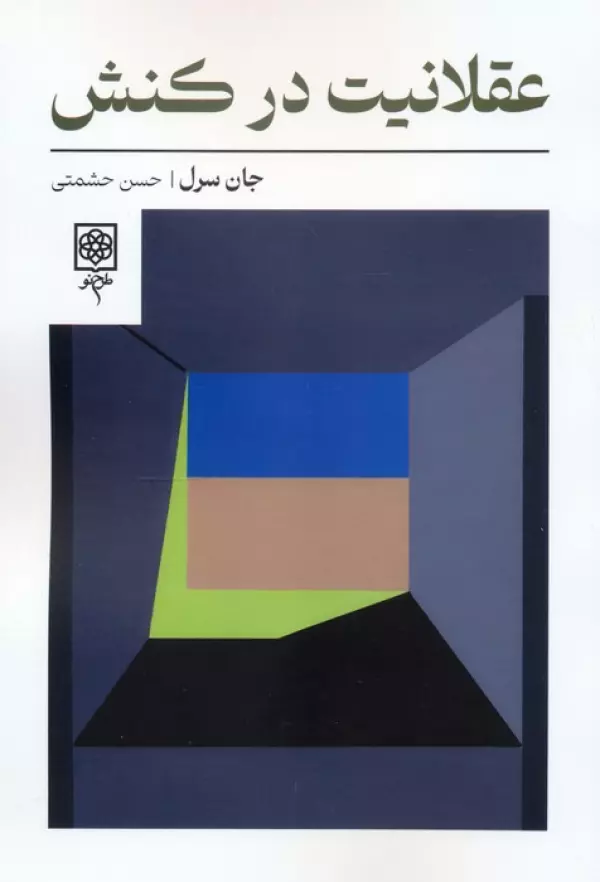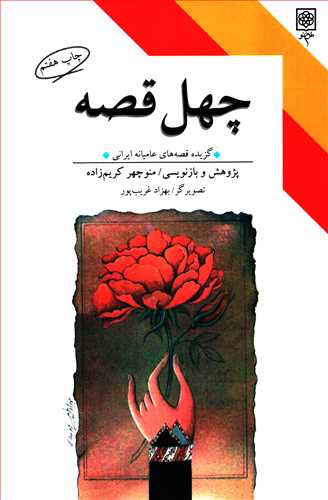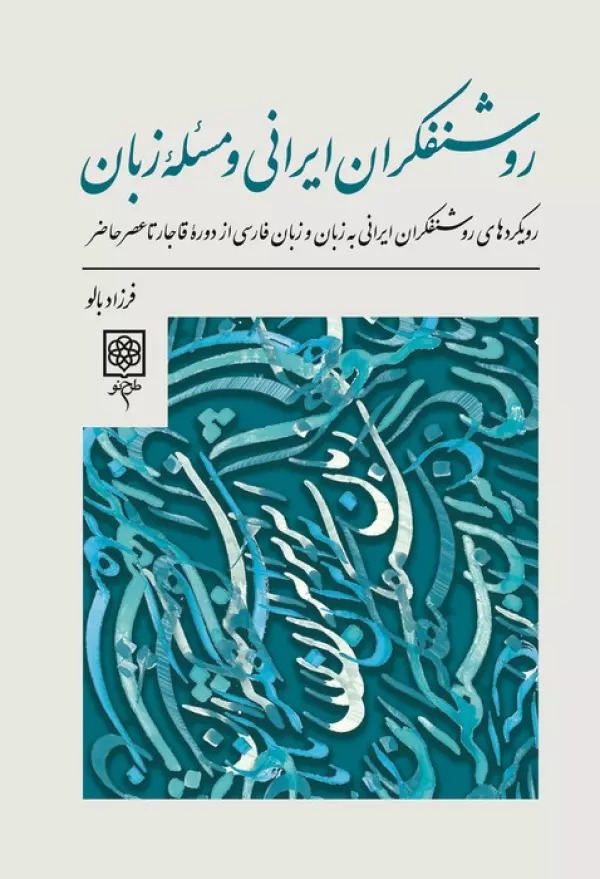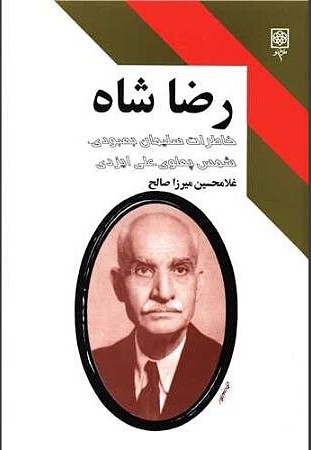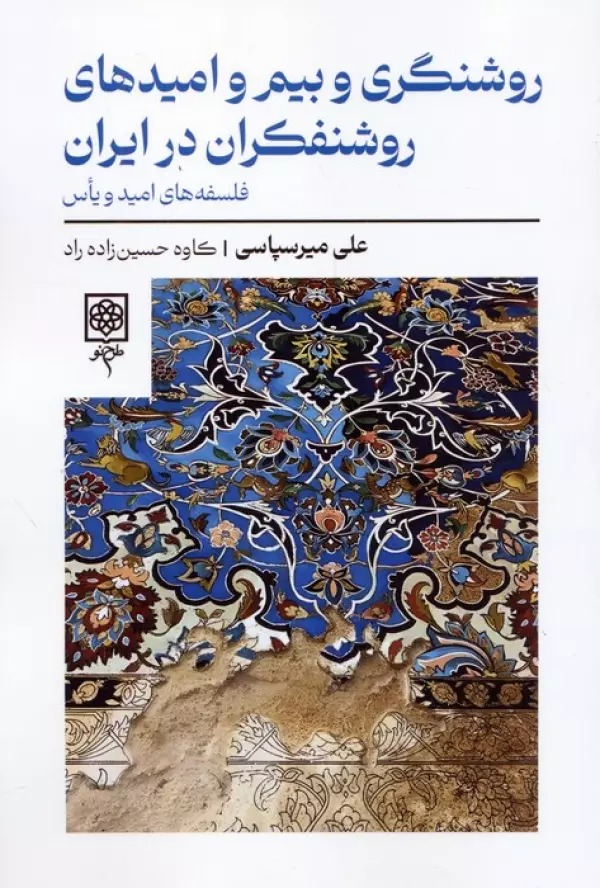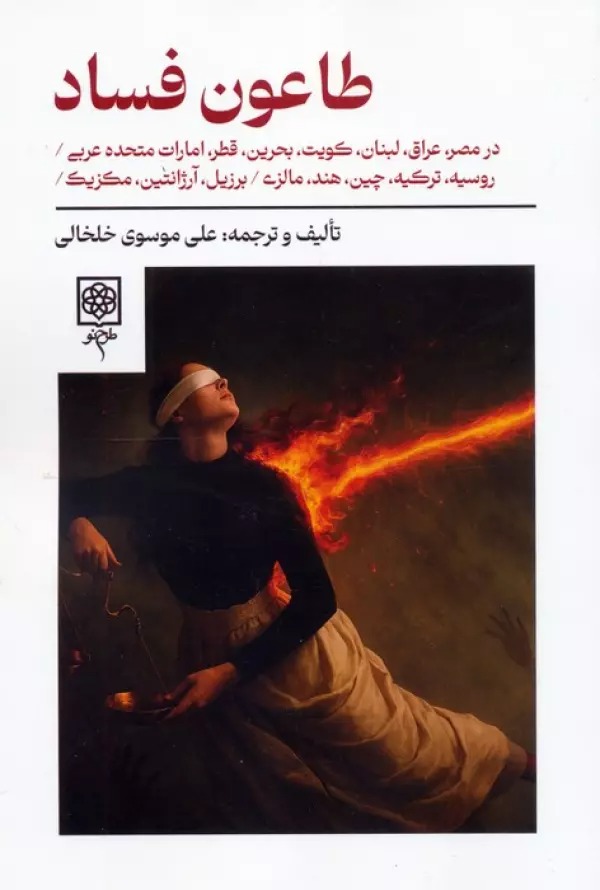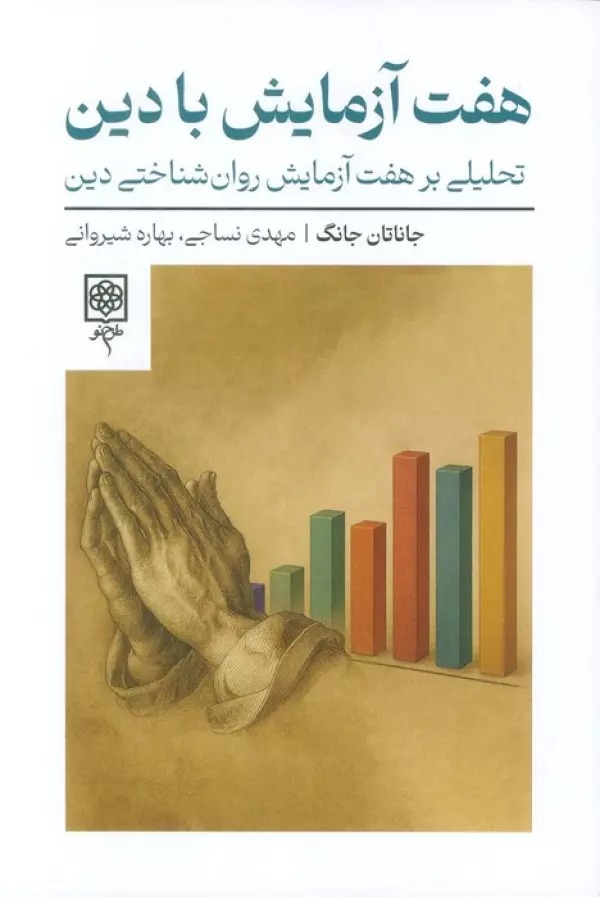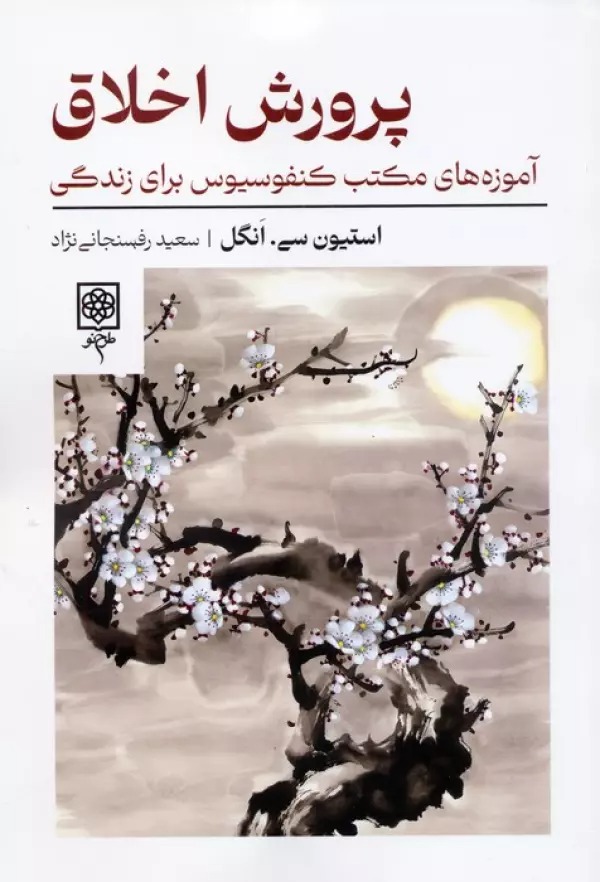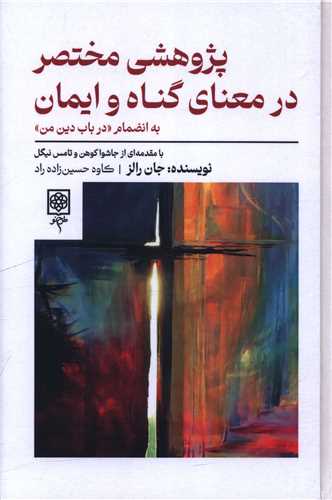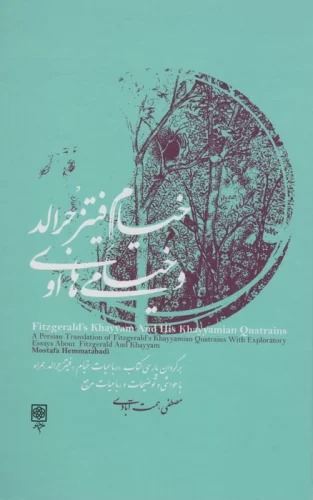Daftar-i 'aql va āyat-i 'ishq (3 jildi): Persiska (Farsi) 2019
دفتر عقل و آیت عشق (3 جلدی)
53,12 $
Dela
Wishlist
Originaltitel:
دفتر عقل و آیت عشق (3 جلدی)
ISBN:
9789647134576
Förlag:
Tarh-i naw
Antal volymer:
3
Åldersgrupp:
Vuxen
Sidor:
1400
Vikt:
2000 g
Produktmått:
14 x 21 x 15 cm
Bokomslag:
Inbunden
Islamic philosophers generally analyze ontological issues with the eyes of reason and logic, but these elders were not indifferent to the eyes of the heart, the eyes of intuition, and the world of presence, and they consider human beings as creatures who possess both eyes. Unconsciously, these great philosophers, just as they suspect existence and understand its many levels, also considered knowledge to have different hierarchies and are aware of its various stages. According to many thinkers, Islamic philosophy meets mysticism here, and philosophers show their unity and empathy with a group of mystics. "Deftar Aql wa Ayat Eshgh" written by Professor Gholamohsin Ebrahimi Dinani, examines this issue in a wide way.
"Gholamohsin Ebrahimi Dinani" discusses in "The Office of Aql and Ayat Eshgh" that people with a one-dimensional view of the world and ignorance of the levels of knowledge condemn Islamic philosophers and their closeness to mystics. It is pointed out here that science and knowledge are of the types of presence and appearance. It is true that mystics criticize philosophers and speak sarcastically about them, but this difference is due to the diversity of epistemological levels. When the elders criticize the knowledge of the mind, they address some of its limited and frozen expressions, which are stopped in the early stages and are captive to profit and loss and low matters. But by carefully reading the words of insightful people and studying the book "Defter Aql wa Ayat Eshgh" by Gholam Mohsin Ebrahimi Dinani, it becomes clear that these elders not only do not reject reason but consider it to be the proof and guide of man, both outwardly and inwardly.
more
فیلسوفان اسلامی عموما با چشم عقل و منطق به تحلیل مسئلههای هستیشناسی میپردازند، اما این بزرگان نسبت به چشم دل و چشم شهود و عالم حضور نیز بیتفاوت نبودهاند و انسان را مخلوقی میدانند که صاحب هر دو نگاه است. به شکل ناخودآگاه، این فیلسوفان بزرگ، همان گونه که به وجود مشکوک هستند و مراتب متعدد آن را درک میکنند، معرفت را نیز دارای سلسله مراتب مختلف تلقی کردهاند و به مراحل گوناگون آن آگاهی دارند. به عقیده بسیاری از متفکران، فلسفه اسلامی در اینجا با عرفان روبرو می شود و فلاسفه اتحاد و همدلی خود را با جمعی از عرفا نشان میدهند. "دفتر عقل و آیت عشق" به قلم استاد "غلامحسین ابراهیمی دینانی"، به شکلی گسترده، این موضوع را مورد بررسی قرار میدهد.
"غلامحسین ابراهیمی دینانی" در "دفتر عقل و آیت عشق" بحث میکند که افراد با نگاه تکبعدی به جهان و بیخبری از مراتب معرفت، فیلسوفان اسلامی و نزدیکی آنان به عرفا را محکوم میکنند. در اینجا اشاره میشود که علم و شناخت از اقسام حضوری و ظهوری است. درست است که عرفا از فیلسوفان انتقاد میکنند و در مورد آنها به طعنه صحبت میکنند، اما این اختلاف، به دلیل تنوع در سطوح معرفتی است. وقتی بزرگان دانش ذهن را نقد میکنند، به برخی از عبارات محدود و منجمد آن میپردازند که در مراحل اولیه متوقف شده و اسیر سود و زیان و امور پست است. اما با دقت در سخنان اهل بصیرت و مطالعهی کتاب "دفتر عقل و آیت عشق" اثر "غلامحسین ابراهیمی دینانی"، معلوم میشود که این بزرگان نه تنها عقل را رد نمیکنند، بلکه آن را در ظاهر و باطن، برهان و هدایتگر انسان میدانند.
more

